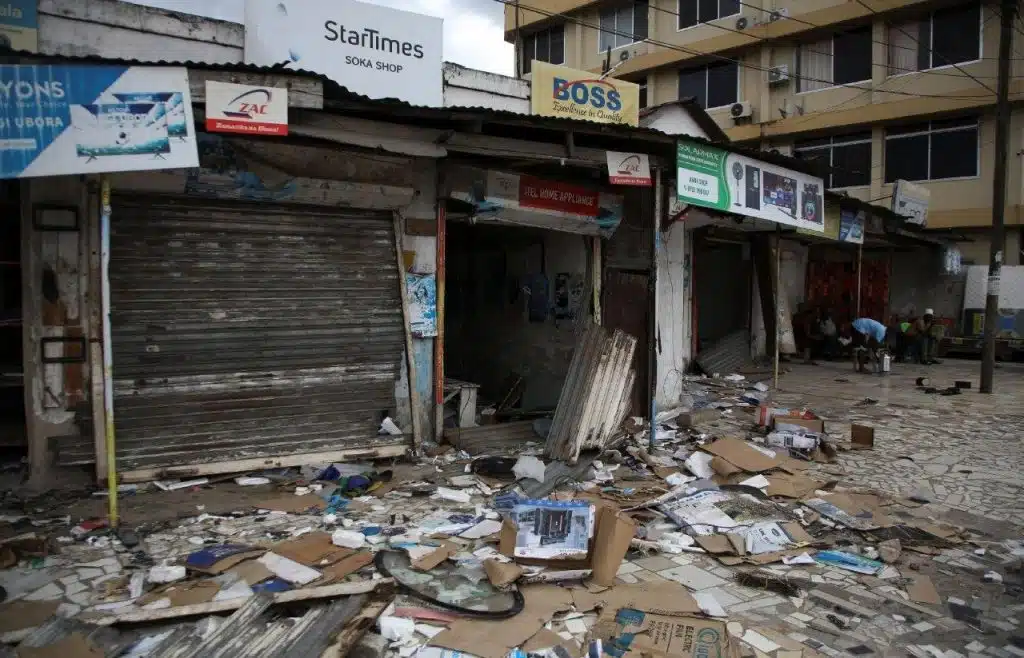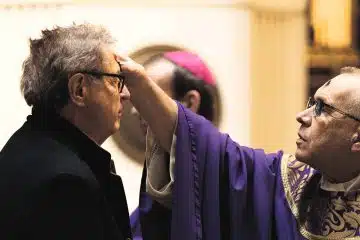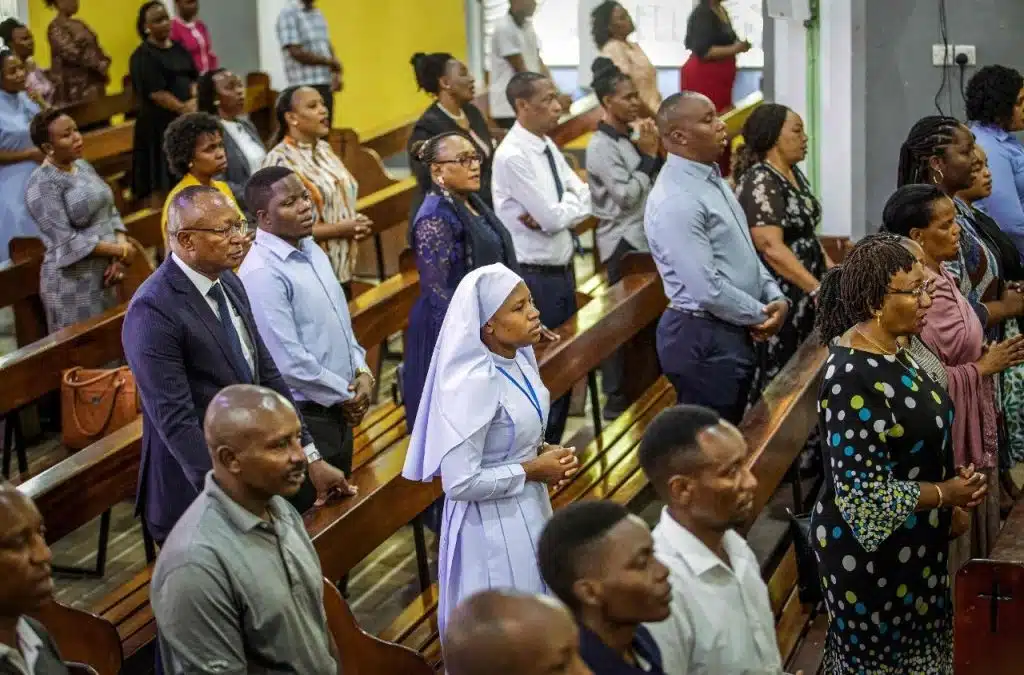Tanzania: A peaceful country destabilized in moments
By Kielce Gussie
A visit to Italy for medical appointments left Jackie (not her real name) barred from returning to Tanzania after violence erupted the day before the country’s general elections on 29 October. The Italian Embassy strongly urged her to stay in Rome until the protests and bloodshed subside.
Back home in Tanzania, the African country previously known for being peaceful, completely changed—seemingly overnight.
For Jackie, speaking to Vatican News is an opportunity to shed light on the ongoing situation in the country. It gives her the possibility, she says, to “give voice to these people… We cannot remain silent.”
In the blink of an eye
The election, a time often seen as a chance to make a change and an opportunity to make each person’s voice heard, became a catalyst for violence in the peaceful East African country of Tanzania.
The day before the general election—in which the two main opposition parties were barred from participating—some young people began to peacefully protest. The average age in Tanzania is around 18—according to Worldometer—so it is no surprise young adults are the biggest group calling for change.
Jackie explains their motivation was simply to ask for the “right to have a regular election and to have the opportunity to have a counterpart to the government.”
Then, as she notes, shots rang out. Young protestors were killed. The community reacted: crowds started to burn police and government offices. Just days later, major cities were placed under curfew.
And it did not stop there. Jackie explains the military began entering people’s houses and shooting them.
After the only candidate for the presidency, Samia Suluhu Hassan, was announced the winner, peace was not immediately restored. Hundreds of young people had been killed. Moreover, on 7 November, a Tanzanian court charged over 200 people with treason. If found guilty, their penalty is death.
“The situation is still very difficult,” Jackie says as she recounts the story of a woman who was recently traveling in the country. Together with some children, she was asked for their documents, then beaten.
Life for the people of Tanzania changed in an instant. Jackie warns against misinformation being spread that the situation has been resolved. She says she saw an interview of the new president who stressed the country is fine and that freedom of speech still exists.
Something brewing
However, the election violence did not come abruptly. Jackie explains that tensions and fear had been growing since the beginning of the year.
“People were slowly realizing something unacceptable was happening,” she explains, as “many representatives of a [political] position were being arrested or killed in a very unofficial way.”
Standing as one Church
While the community is still facing the consequences and effects of the election, Jackie laments that “it is not possible for a person or a community to take a position because they will either be killed or disappear.” Speaking out would be a death sentence—even for the local clergy.

Despite the threat of violence, the Archdiocese of Mbeya called for a day of prayer on 9 November for those killed or injured and their families. In his homily, Archbishop Jude Thaddeus Rwa’ichi of the Catholic Archdiocese of Dar es Salaam clearly condemned the bloodshed.
But Jackie reiterates a single parish priest would not be able to say anything on his own without the threat of consequences. Therefore, she believes the bishops are working together to issue a message in response to the election and the violence which ensued. In this way, she says, the local church would be able to express its closeness to the community.
Giving an answer all together would be the best bet, Jackie adds, because “they [the government] can kill one person, but they cannot eliminate an entire Church.”
The true face of Tanzania
In the Archbishop of Dar es Salaam’s homily, he stressed that what has happened “does not reflect the true face of Tanzania at all.” Before this election, Tanzania was ranked the most peaceful country in East Africa, according to the 2025 Global Peace Index, which also placed it among the top 12 most peaceful in Africa.















